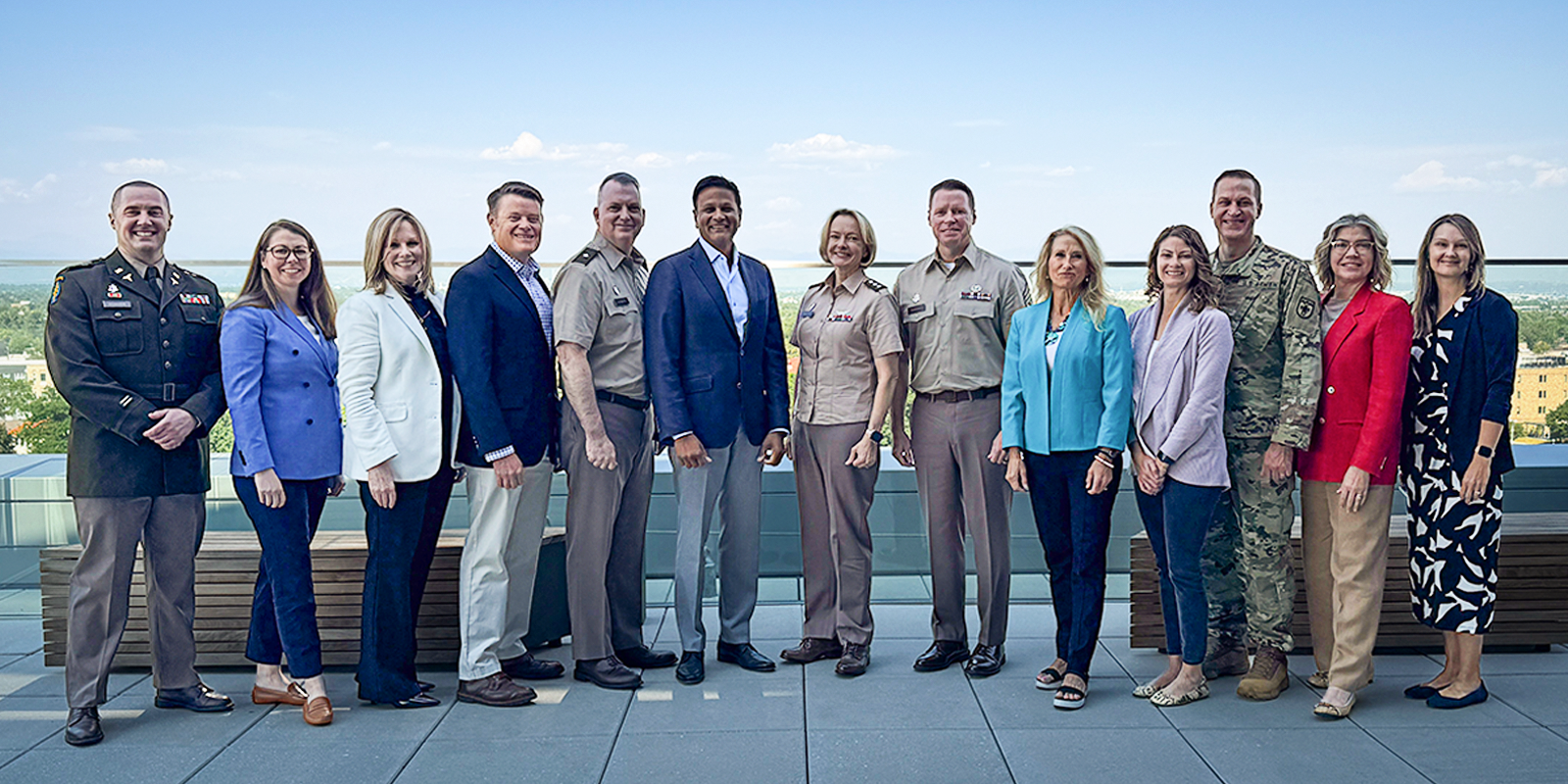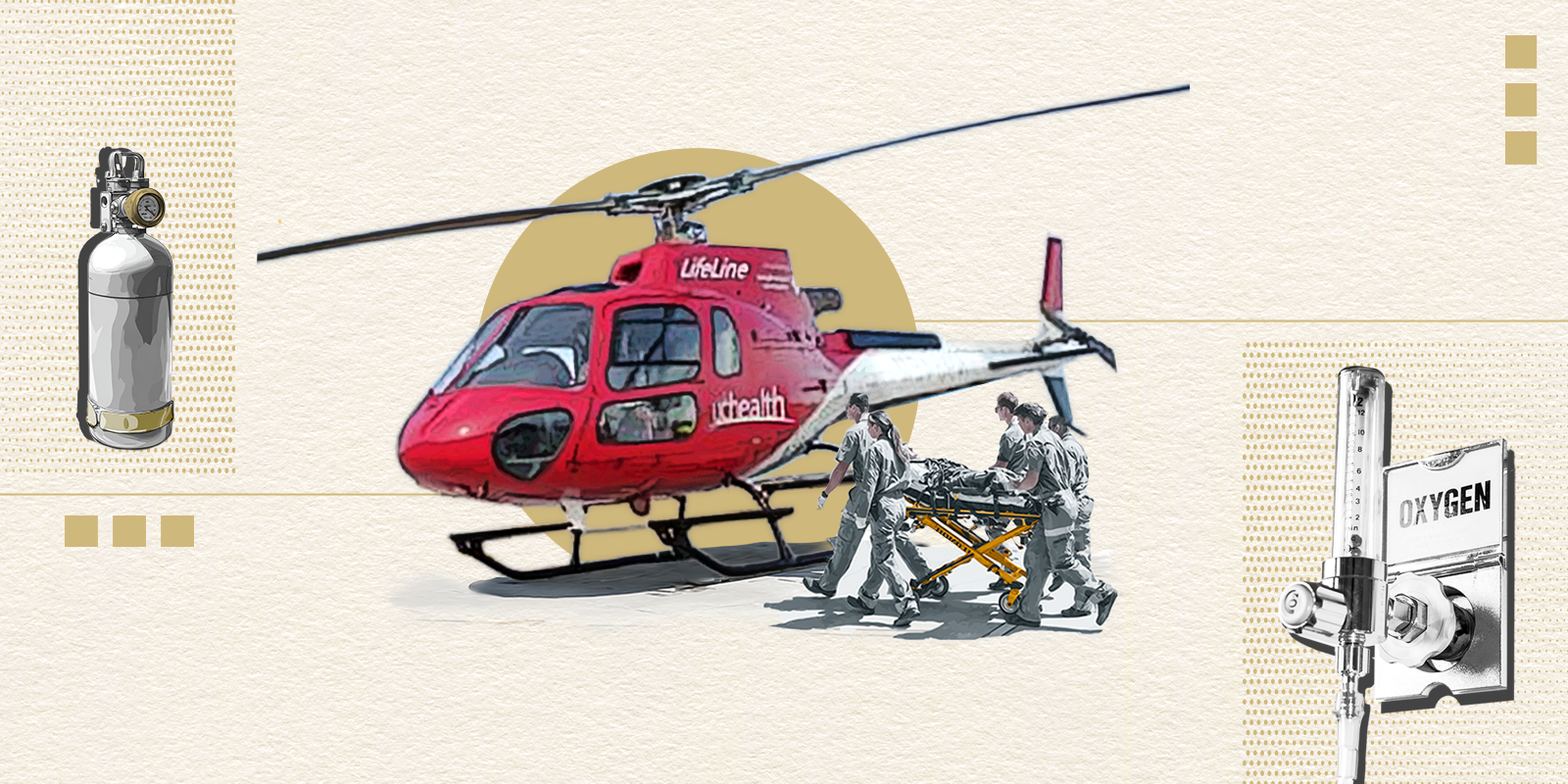In 2021, approximately 70% of U.S. service members who died by suicide did so with a firearm, most commonly a personal, rather than military-issued, firearm. National leaders and public health experts, including the White House in January 2024, have encouraged approaches to promote secure storage of home firearms. Researchers are now interested in who is the most effective messenger to encourage secure storage.
The University of Colorado School of Medicine Firearm Injury Prevention Initiative (FIPI) and Center for Combat Medicine and Battlefield (COMBAT) Research work collaboratively with U.S. military leadership on efforts to prevent suicide by encouraging secure storage of personal firearms in military populations.
Researchers have previously conducted observational and experimental studies to find the best ways to encourage secure firearm storage practices. Results interested researchers at FIPI to test a program using peer-to-peer encouragement for secure storage, rather than traditional messages from clinicians or organizations. FIPI researchers partnered with U.S. military leadership and researchers from Rutgers University and Ohio State University to roll out a universal, peer-delivered adaptation of Project Safe Guard, a brief, single-session firearm storage discussion, at a U.S. Space Force installation.
“We know from previous research that firearm owners generally view service members as credible messengers of secure firearm storage, so we were motivated to test whether military peers were optimal messengers to promote secure firearm storage for service members in a real-world military operation setting,” says lead author Ian Stanley, PhD, who is both military and veteran lead for FIPI and psychological health lead for the Center for COMBAT Research.
A publication concluding the research team’s findings was published yesterday in the journal Suicide and Life-Threatening Behavior.
Program implementation
Rolling out the peer-delivered program was a multiphase process.
First, researchers met frequently with military base leadership to determine the optimal rollout of the program. Next, peer facilitators, including active-duty service members and civilians working on the base, attended training. Over a four-week program roll-out, the facilitators were then expected to have one-to-one discussions with individuals in their own units.
Mirroring the original Project Safe Guard study, free locking devices for personal firearms were available to the base during the program. To evaluate the program the team used brief, anonymous surveys.
“Planting the seed”
During the program, all of the over 200 firearm locking devices were given on request, to base service members and civilian employees, showing interest in in secure storage.
“Our results show that there's an appetite for these non-clinician LMSC delivery models,” Stanley explains. “Although it’s certainly not a one-size-fits-all solution, for some service members, they may be more likely to respond to a peer rather than a clinician.”
The researchers say additional research is needed to determine the effectiveness of peer delivered LMSC in a broader military context. Consistent support from bases and closer collaboration between military and civilian collaborators will make future research more efficacious.
Senior author Emmy Betz, MD, MPH, professor of emergency medicine and director of FIPI, has been working with researchers over the past few years to facilitate iterations of Project Safe Guard, studying LMSC delivery methods in military and veteran populations with hopes to prevent service member suicides. With multiple studies in motion, she’s hopeful for new opportunities to best support with military populations.
“Secure storage of home firearms can prevent suicide, theft, accidents, or firearm misuse,” says Betz. “We’re grateful for the opportunity to support the health and well-being of our military communities.”





